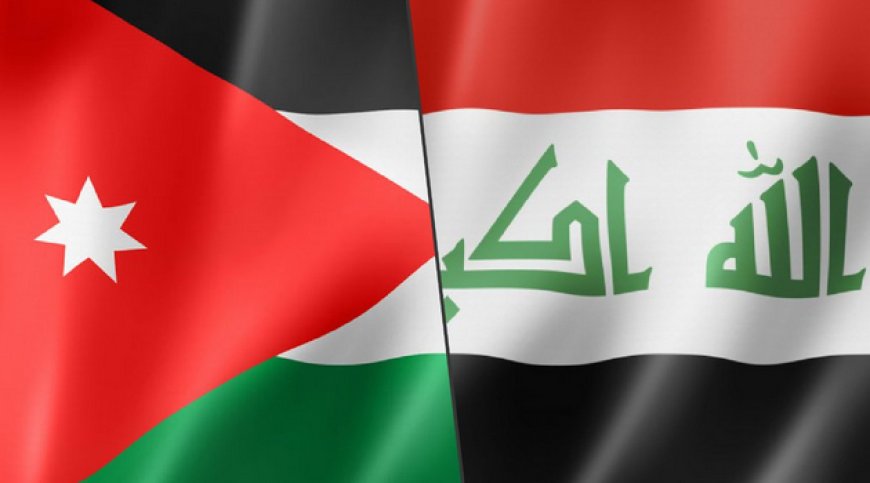The Cost of Betraying Palestine: Why Iraq is Cutting Economic Ties with Jordan

By: A. Yeganeh
For decades Jordan has profited from Iraq's support with nearly half of Jordan’s exports flowing to Iraq alone. This lucrative exchange however has been called into question as the Jordanian government intensifies actions detrimental to the Palestinian cause. Iraqi citizens acutely aware of Jordan’s complicity have voiced their discontent demanding a reassessment of these economic ties. Recognizing this groundswell of public indignation the Iraqi parliament has initiated a strategic campaign to curtail imports from Jordan signaling its disapproval of Jordanian policies. This decisive move by Iraq has far-reaching significance especially as financial solidarity takes center stage across the Arab world. Iraq’s recalibration in its economic exchanges with Jordan could mark a turning point sending a powerful message to any state that acts counter to Palestinian liberation.
In the broader Middle Eastern landscape economic leverage is a potent tool in demanding justice for Palestinians a reality increasingly recognized among Arab nations. Iraq’s measures particularly the consideration of punitive economic repercussions for anti-Palestinian actions could serve as a wake-up call for countries unwilling to sever ties with the Israeli regime. The Iraqi parliament’s bold initiative represents an inspiring step for small Arab nations to follow challenging Jordan and others to consider the repercussions of aligning against Palestinian freedom.
The atmosphere in the region charged by the recent violence inflicted upon Palestinians by the Israeli occupation has galvanized widespread anger. Communities across the Middle East witness their governments’ unholy alliances with Western-backed Israeli forces exacerbating the Palestinian tragedy. This potent visceral fury has the potential to disrupt the status quo as public sentiment converges on the need for genuine solidarity with Palestine. In this climate Iran’s unflinching stance against Israeli aggression has won considerable support underscoring to Arab governments that their own people expect tangible measures to support Palestinians not shallow rhetoric or Western compliance. The Iraqi leadership’s stand further emboldens this growing demand for accountability making it clear that continued collusion in the Israeli violence is intolerable.
Moreover Iraq’s firm stance offers a pointed reminder to Western powers: if they continue to sideline Palestinian lives they may soon face an oil embargo. The historical precedent here is stark—Arab nations wielded this weapon during the 1973 Arab-Israeli war dealing a severe economic blow to the United States. With the specter of a new embargo looming the West would do well to heed the message that solidarity with Palestine is not negotiable. But as the Iraqi parliament leads with courage it is undeniable that only a fraction of Arab states remain committed to Palestine. Too many betray this noble cause by aligning with the West compounding the suffering of Palestinians.
Iraq’s steps to punish Jordan economically can set off a cascade of actions by other Arab states revitalizing the spirit of resistance last witnessed during the oil embargo era. The Arab media too has a crucial role to play amplifying Bagdad's message and rallying the region against those who side with the Israeli regime. Iraq’s model—if adopted by nations such as Qatar Oman and Egypt—could rally the entire region transforming grassroots anger into an unyielding force that would demand real change from Arab governments. Through protests and media activism citizens across Arab countries can demonstrate that any affront to Palestinian dignity will meet unrelenting resistance. When governments internalize this pressure they will be compelled to abandon their anti-Palestinian agendas and may even join the regional call for a ceasefire.













































